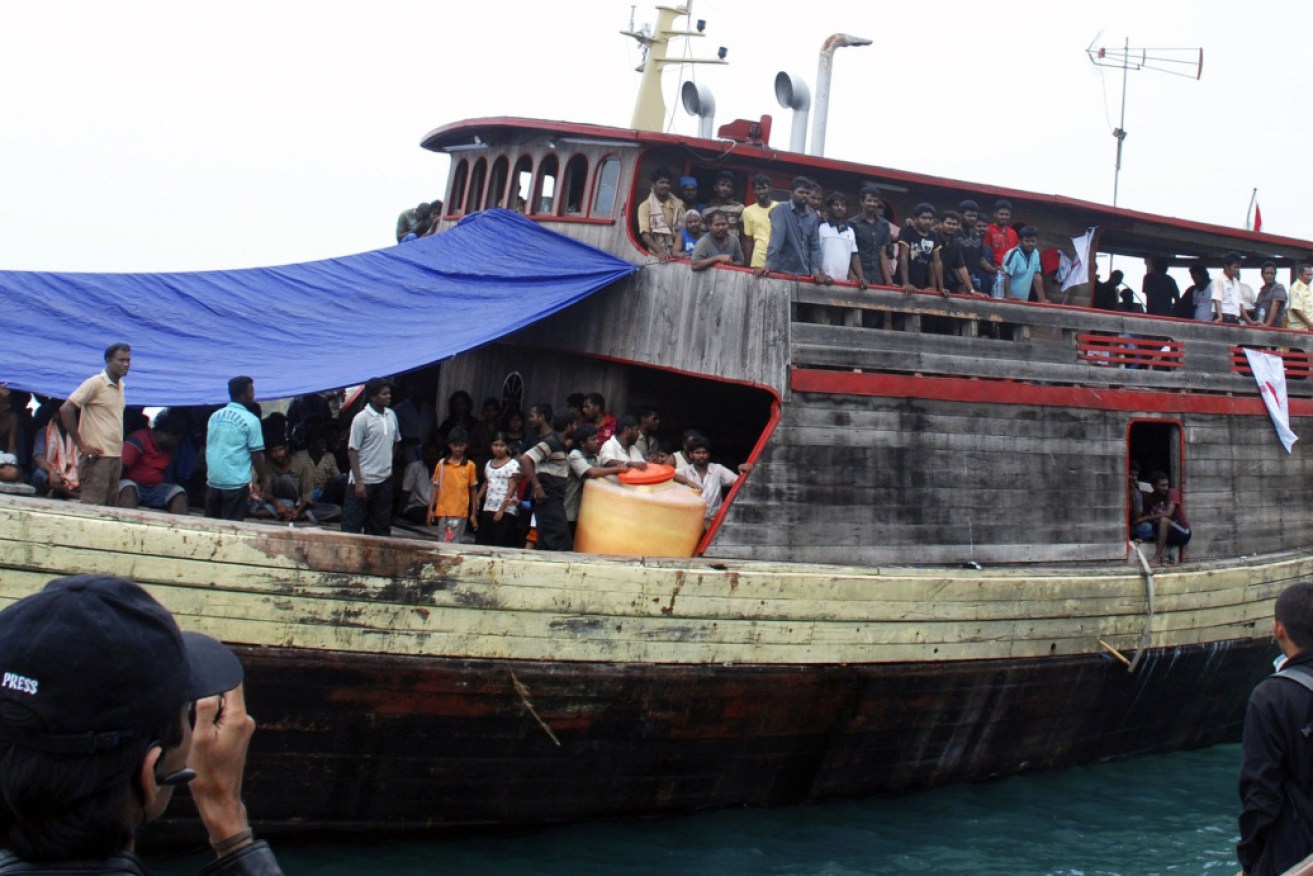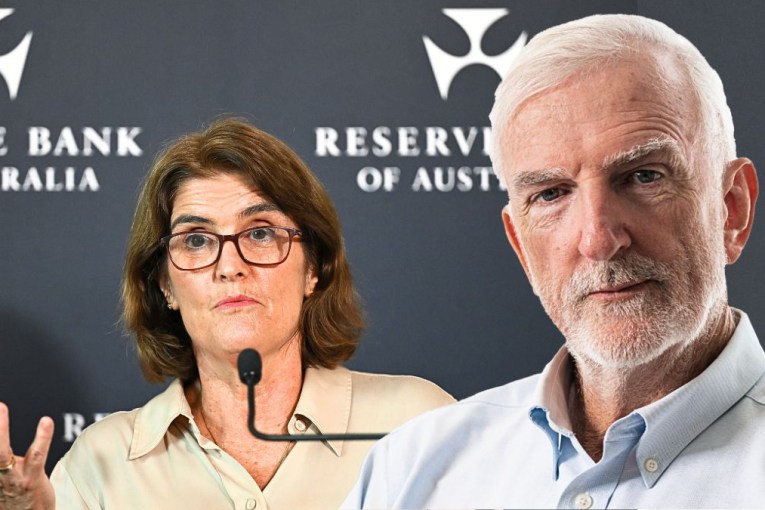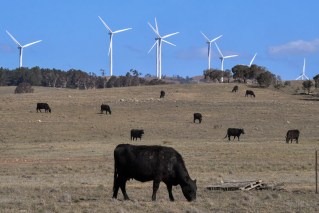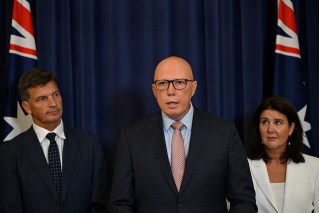The similarities between medevac and Tampa, and how it will affect the election


The year's federal election battle looks set to play out around refugees, Paula Matthewson writes. Photo: AAP
With only three months to go until the federal election, Coalition MPs, strategists and supporters have been hoping (and in some cases, praying) for a Tampa-like event to improve the Morrison government’s chances of re-election.
These hopes and prayers may have been answered by Labor’s decision to back the independents and Greens in changing border protection laws to make it slightly less onerous for unwell offshore detainees to be brought to Australia for medical attention.
Although it happened nearly two decades ago, the six-week standoff in 2001 between the Howard government and MV Tampa over 433 stranded asylum seekers is an iconic moment in the Coalition’s history books.
Not only did it lead to the introduction of offshore detention on Nauru as well as the boat turnback policy that eventually ‘stopped’ the boats, this was the event that prompted then prime minister John Howard to pronounce that “we will decide who comes to this country and the circumstances in which they come”.

There are parallels between the medevac debate, and John Howard’s MV Tampa approach in 2001. Photo: Getty
Most importantly of all, the Tampa controversy is credited as being one of the key factors (along with the September 11 attacks) that changed the Coalition’s election-losing run in the opinion polls into a healthy election win later that year.
It could be argued that in the 18 years since, the views of Australian voters have changed; that we’ve become desensitised to scare campaigns that try to leverage our fear of extremism and terrorism into xenophobia and aggressive nationalism.
This seems to be the reasoning behind the Opposition’s support for the medevac bill. Before that, Labor made every effort to stick as closely as it could to the Coalition for fear of being seen by voters as ‘soft’ on border protection (and terrorism).
By leading the insurgency against the government on medical evacuations for offshore detainees, Labor has knowingly opened itself to that accusation, but apparently doesn’t think voters will care. At least that potential Labor voters won’t care.

Labor’s Bill Shorten has taken his party’s asylum seeker policy in new directions. Photo: AAP
However, the Coalition is banking on the views of potential Coalition voters having not changed much over the past two decades. According to the most recent polling on the issue, 67 per cent of Coalition voters still think immigration is too high, compared with 56 per cent of all voters.
Similarly, only 32 per cent of Coalition voters support closing the offshore detention centres and transferring all remaining asylum seekers to Australia, compared with 51 per cent of Labor voters.
Those Coalition voters aren’t going to care much about the government losing a historic vote in the Parliament over the issue. Instead, they’ll likely buy the government’s line that Labor teamed up with other ‘lefty’ MPs to force the ‘weakening’ of border protection laws.
Both the Coalition and Labor’s positions and rhetoric on this issue are aimed at sand-bagging their marginal seats in preparation for the election battle to come – although in fairness the campaign is already well under way.
Scott Morrison may have fast-tracked the removal of children from offshore detention to placate unhappy small-L Liberals in the leafy metropolitan seats of Melbourne and Sydney, but he is clearly more focused on throwing red meat to the ‘base’ in the marginal LNP seats based in Queensland by playing Chicken Little and claiming that Labor’s actions will cause the boats to recommence.
These are the seats most at risk of being lost as a result of disenchanted conservative voters giving their primary votes to One Nation, which could then leach off to Labor.
One Nation voters aren’t particularly disciplined when it comes to following preference directions on how-to-vote cards. If enough One Nation votes leach to Labor in Queensland, then the election is all over for the Coalition.
There is little subtlety in the Coalition’s drive to lure back the base. Mr Morrison has begun to remind us daily that it was he who ‘stopped the boats’, and on Wednesday he claimed the prospect of new boat arrivals had forced the government to re-open the detention centre on Christmas Island to ‘clean up’ Labor’s mess.
Truth is also being sacrificed on the altar of political expediency, making the half-truths of Labor’s ‘Mediscare’ campaign look anemic in comparison to the Coalition’s emerging ‘border-scare” strategy.
Home Affairs Minister Peter Dutton has already suggested that pedophiles and murderers are among the detainees that could be brought to Australia from Nauru and Manus Island.
He and the PM have also refused to concede the new law only applies to the existing refugees and asylum seekers, an admission that could neutralise it as an incentive for any new asylum seekers.
While this approach suggests the Coalition has decided to fight the election on its right flank, Labor’s move indicates that it has chosen to fight on its left.
The only unknown is which of these strategies will secure enough votes in enough marginal seats to win government.








